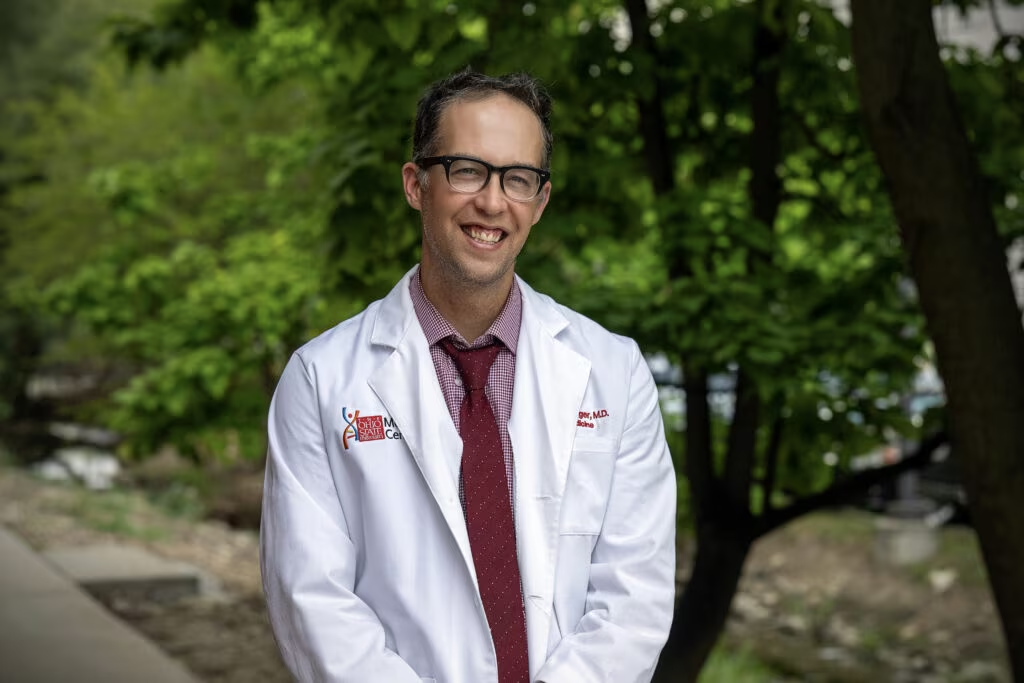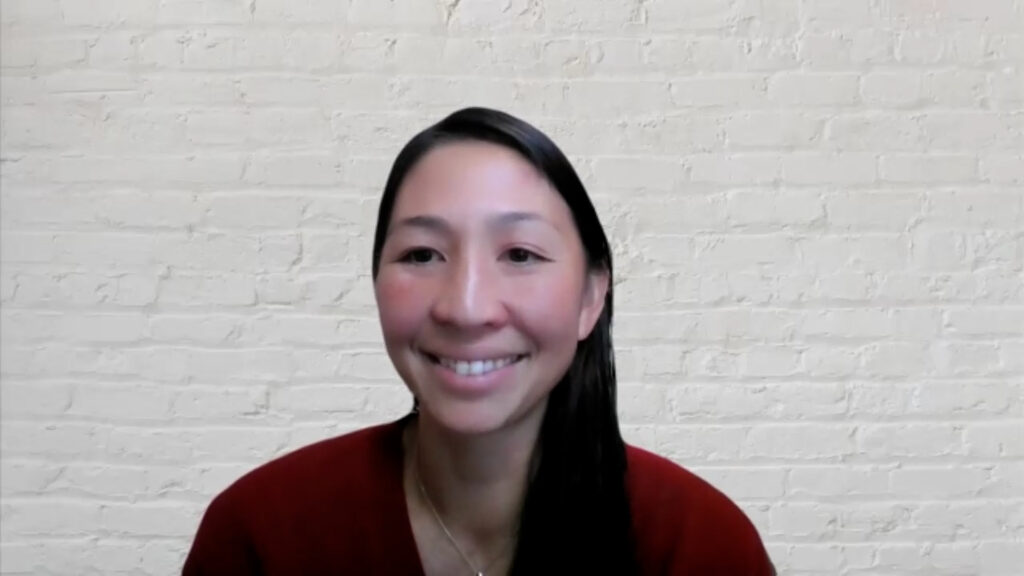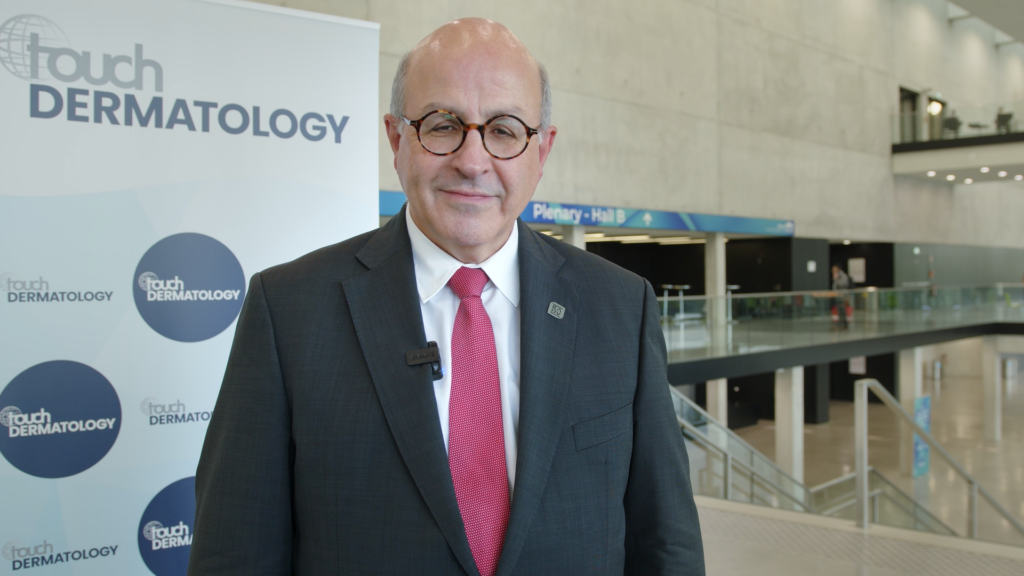Hidradenitis Suppurativa
An Introduction to Hidradenitis suppurativa
Hidradenitis suppurativa (HS), also known as acne inversa, is a chronic skin condition characterized by painful, recurrent nodules and abscesses that form in areas where skin rubs together, such as the armpits, groin, buttocks and under the breasts. It primarily affects hair follicles and sweat glands, leading to inflammation, scarring and the formation of tunnels under the skin known as sinus tracts. The exact underlying cause of hidradenitis suppurativa is unknown, although research suggests that there may be an association between HS development and hormones, genetics, smoking or excess weight. This condition can significantly impact a person’s quality of life, causing pain, discomfort and potential emotional distress due to the visibility of the lesions. The management of hidradenitis suppurativa involves a combination of medical treatments such as antibiotics, anti-inflammatory drugs and biologics. Surgical interventions may be considered to drain abscesses, remove scar tissue or excise affected areas. Lifestyle changes, weight management and maintaining good hygiene can also help alleviate symptoms. Improvements in diagnosis times and further research are essential in providing better support and treatment options for individuals living with hidradenitis suppurativa.

Physician burnout is at a critical point. In this episode, Nicky speaks with Dr Alfred Atanda about why so many physicians are burning out and what can be done to change the trend. From personal experience to system-wide solutions, Dr Atanda shares valuable insights on improving physician well-being and building a more effective healthcare culture.

We are delighted to welcome Dr Benjamin Kaffenberger, Associate Professor of Dermatology at The Ohio State University Wexner Medical Center, to the touchDERMATOLOGY Expert Faculty. A leading expert in complex skin conditions such as pyoderma gangrenosum, DRESS syndrome, and SJS/TEN, Kaffenberger brings extensive clinical and research experience in drug reactions, wound care, and hospital dermatology.

As 2025 unfolds, the field of dermatology is set for some significant advancements. To get a glimpse of what’s ahead, we turned to our esteemed Expert Faculty members, who shared their expert insights on what they think will be the key innovations shaping this year. From the most exciting trends of 2024 that are gaining momentum to the next breakthroughs poised to redefine patient care, here’s what they had to say.

In a double-blind, vehicle-controlled phase 2 study (NCT05635838) in patients with mild-to-moderate HS, twice-daily 1.5% ruxolitinib cream demonstrated significant efficacy compared to the vehicle, and was well tolerated. At EADV 2024, new data on the efficacy and safety of 1.5% ruxolitinib cream were presented from the open-label extension (OLE) period of the study, where patients applied the cream as-needed through Week 32.

A new study, presented at the 2024 European Academy of Dermatology and Venereology (EADV) Congress, reveals the potential of semaglutide, a GLP-1 receptor agonist, in treating hidradenitis suppurativa (HS). This research suggests semaglutide, already approved for obesity and diabetes treatment, may reduce HS flare-ups and improve quality of life in obese patients. Learn how this promising therapy could mark a breakthrough in managing this chronic skin condition. Read the full study published in the British Journal of Dermatology."

Recent advancements made in understanding the pathology of inflammatory skin conditions have enabled JAK inhibitors, initially developed for haematology over 20 years ago, to be investigated for dermatological use. In this episode, Dr William (Bill) Damsky discusses JAK inhibitors’ journey from proof-of-concept to treating a wide range of skin conditions, their future impact on rare diseases and the debate around safety.

The phase III SUNSHINE and SUNRISE were two identical, multicentre, randomized, placebo-controlled, double-blind phase 3 trials performed in 219 primary sites across 40 countries. With few therapeutic options available for patients with moderate-to-severe hidradenitis suppurativa (HS), Dr Afsaneh Alavi (Mayo Clinic College of ...

BE HEARD I and II, were phase 3 clinical trials that investigated the efficacy and safety of bimekizumab for the treatment of hidradenitis suppurativa (HS). In this interview, we were delighted to speak with Prof. Christos C. Zouboulis (Brandenburg Medical School Theodor Fontane, Neuruppin, Germany) to discuss the rationale for investigating bimekizumab in HS, the aims, methodology and findings from his analysis of BE HEARD I and II, and the next steps for the development of bimekizumab. The abstract 'Bimekizumab efficacy and safety in patients with moderate to severe hidradenitis suppurativa: Analysis of pooled data from BE HEARD I and II phase 3, randomised, double-blind, placebo-controlled, multicentre studies' (Abstract N°: 3262) was presented at EADV 2023, Berlin, 11-14 October 2023 #EADVCongress. Questions What are the latest updates to the treatment guidelines for hidradenitis suppurativa (HS)? What is the mechanism of action and rationale for investigating bimekizumab for the treatment of HS? What were the aims and methodology of your pooled analysis of BE HEARD I and II? What were the efficacy and safety findings from your analysis? What will be the next steps in the clinical development of bimekizumab in this indication? Disclosures: Christos C. Zouboulis has nothing to disclose in relation to this interview. Support: Interview and filming supported by Touch Medical Media Ltd. Interview conducted by Victoria Jones and Katey Gabrysch. Filmed in coverage of the EADV Annual Meeting. This content was developed by Touch Medical Media and is not affiliated with the European Academy of Dermatology & Venereology (EADV) or the congress.
Latest articles videos and clinical updates - straight to your inbox
Log into your Touch Account
Earn and track your CME credits on the go, save articles for later, and follow the latest congress coverage.
Register now for FREE Access
Register for free to hear about the latest expert-led education, peer-reviewed articles, conference highlights, and innovative CME activities.
Sign up with an Email
Or use a Social Account.
This Functionality is for
Members Only
Explore the latest in medical education and stay current in your field. Create a free account to track your learning.

